Your cart is currently empty!
Category: Culture
Gagaku – Music of the Imperial Court of Japan
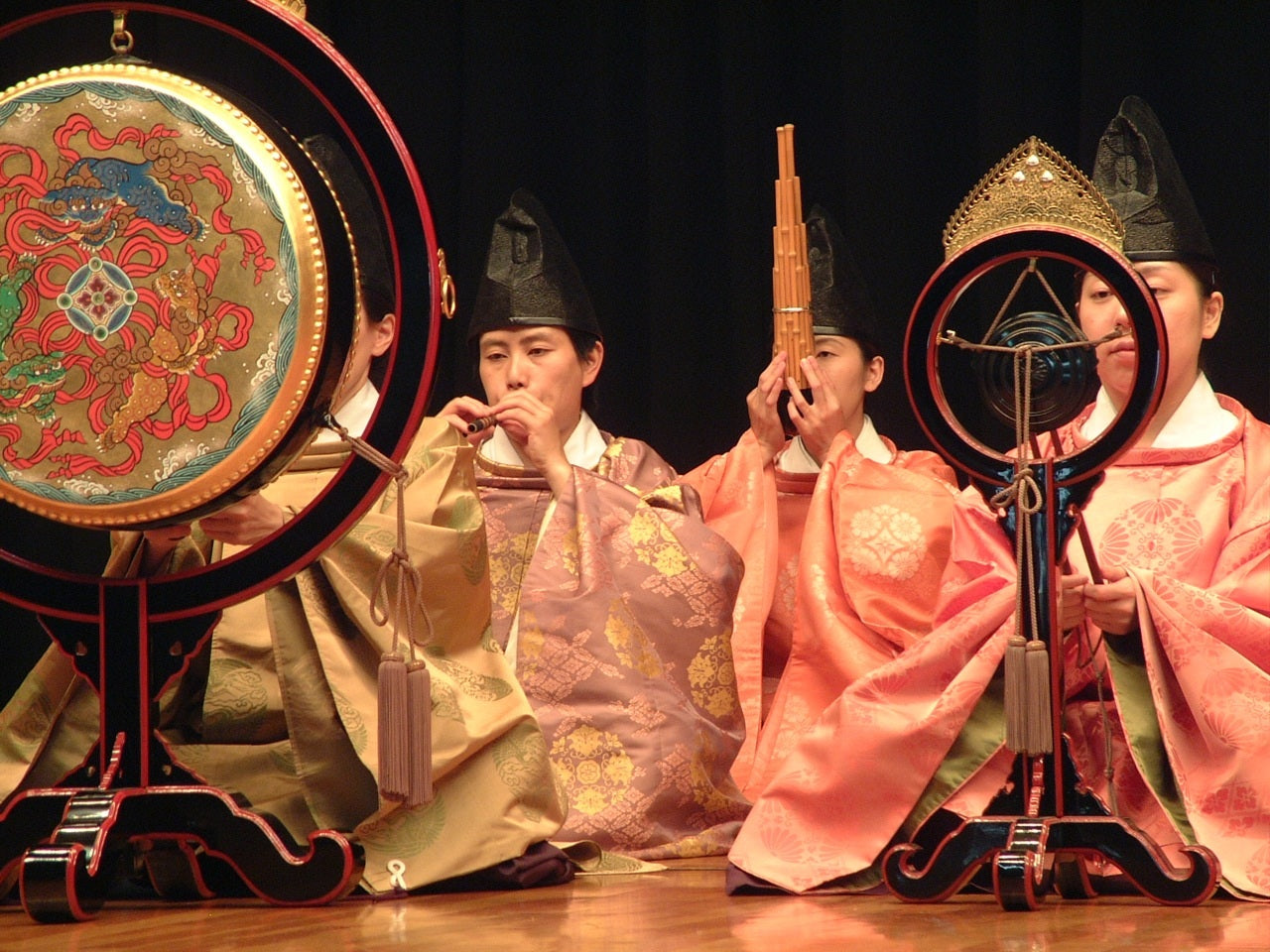
Gagaku 雅楽 literally means “elegant music” is a term that was originally used in contrast to Zokugaku (popular music) It was imported to Japan largely from China and Korea by the 6th century and by the 8th century Japanese musicians had already combined these new sounds with traditional Japanese music giving life to what we… Read more
What is a Kimono / Culture in Short
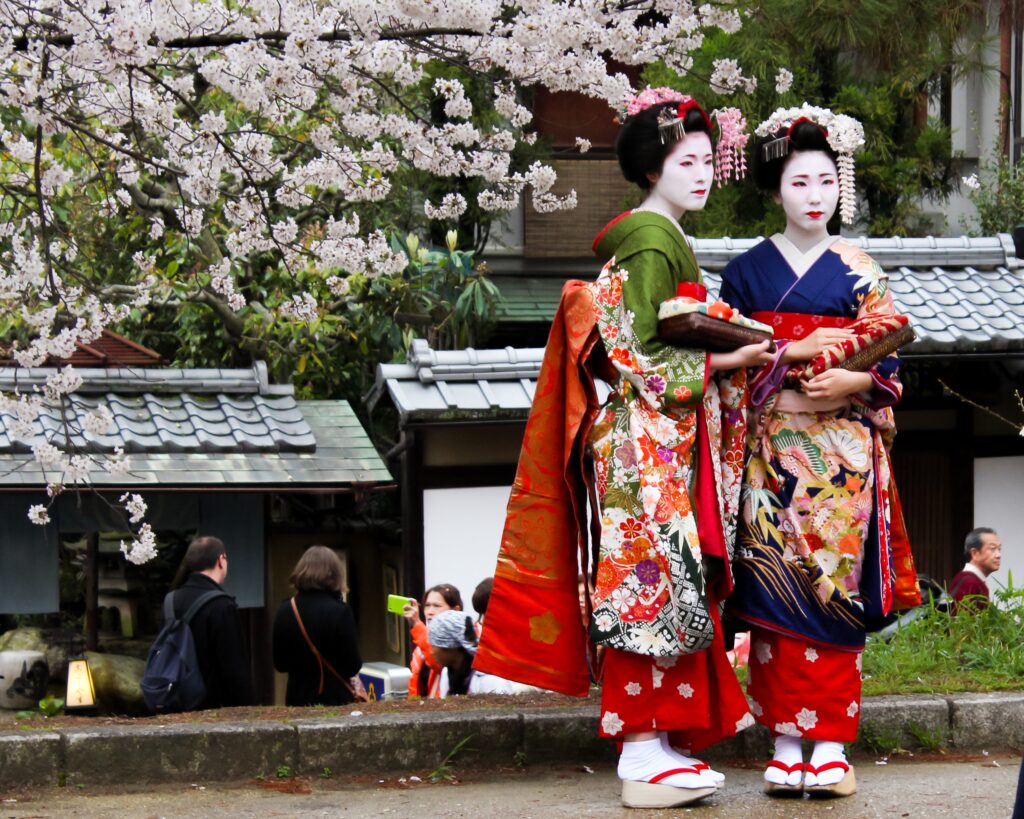
Hello! how are you? Welcome to RoYuMi if you are here it is probably because you want to know what a “kimono” is. (You can watch the video or continue reading below) The technique for making a kimono dates back to the Heian period (794 -1185) and is created from a long piece of cloth… Read more
What is Japanese Sumo / Culture in Short
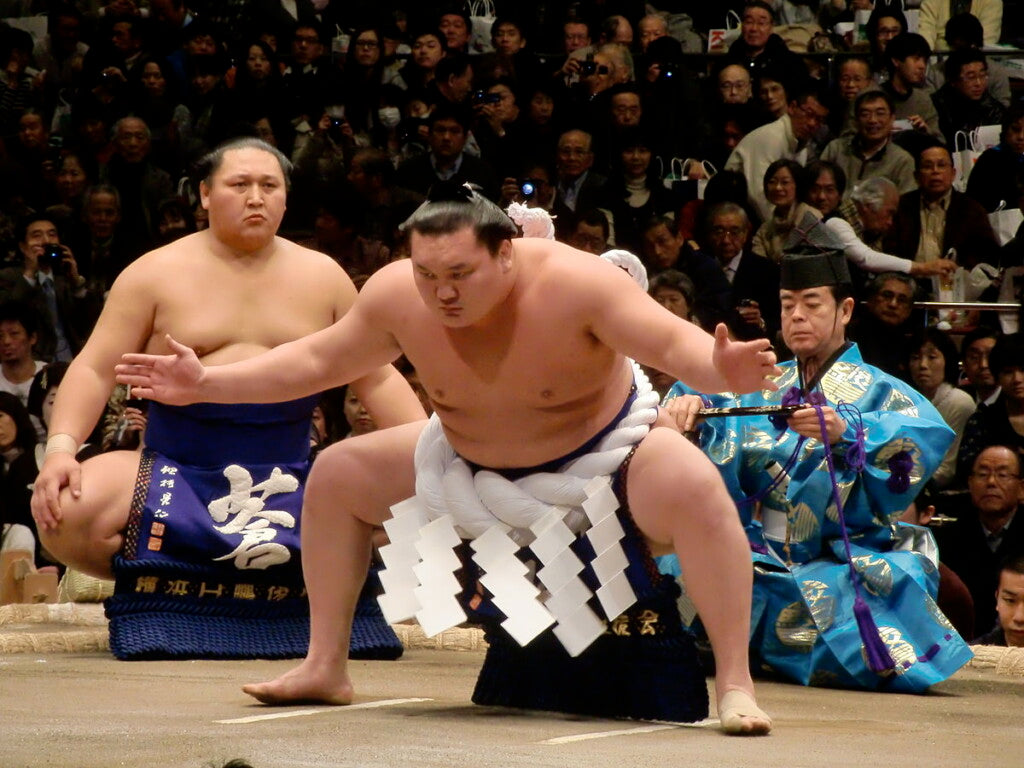
Hello! Welcome to RoYuMi and if you are here it is because you are wondering what Sumo is (You can watch the video or continue reading below) Normally this was done only by powerful people, that is, the feudal lords, the most powerful priests, but little by little it was opened to more people. Already… Read more
Hatsuyume – First New Years Dream

In Japanese culture, Hatsuyume (初夢) is the first dream of the new year, where ” hatsu ” is the kanji for ” beginning ” (初) and “yume” means ” dream ” (夢). In Japan, the night of December 31 was spent without sleep, so hatsuyume is often taken into account during the night of January… Read more
New Year’s Eve Decorations in Japan
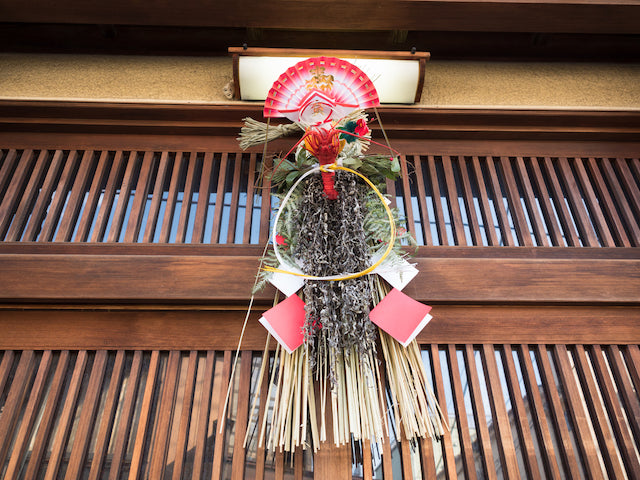
Towards the end of December, you will notice many pine, bamboo and rope decorations adorning houses, shops and other buildings to welcome the new year in Japan. These decorations have their roots in Shintoism, the religion of the Japanese, and symbolize good luck and prosperity. As Japan was traditionally an agricultural society, prosperity and a… Read more
Tsukubai: Spiritual Wealth through Simplicity
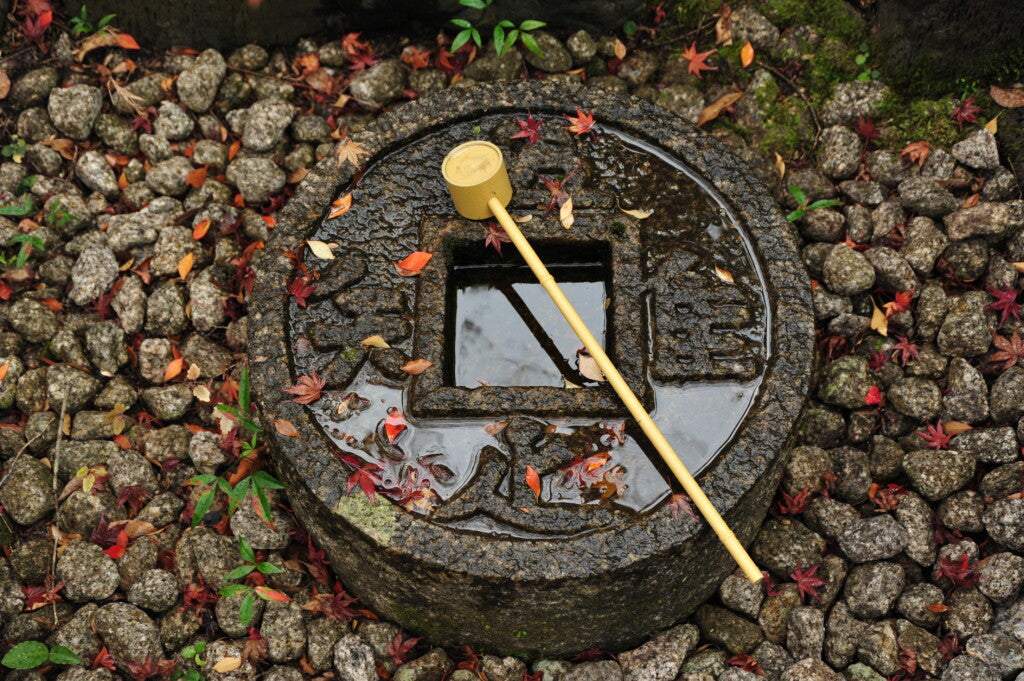
A tsukubai (蹲踞) is a stone fountain that can be found at the entrance to Buddhist temples in Japan. This fountain is used for visitors to purify themselves through the ritual of washing their hands and rinsing their mouths. The name comes from the verb tsukubau which means “to bend down” or “to bow”, an… Read more
The 7 Deities of Fortune in Japan – Shichifukujin
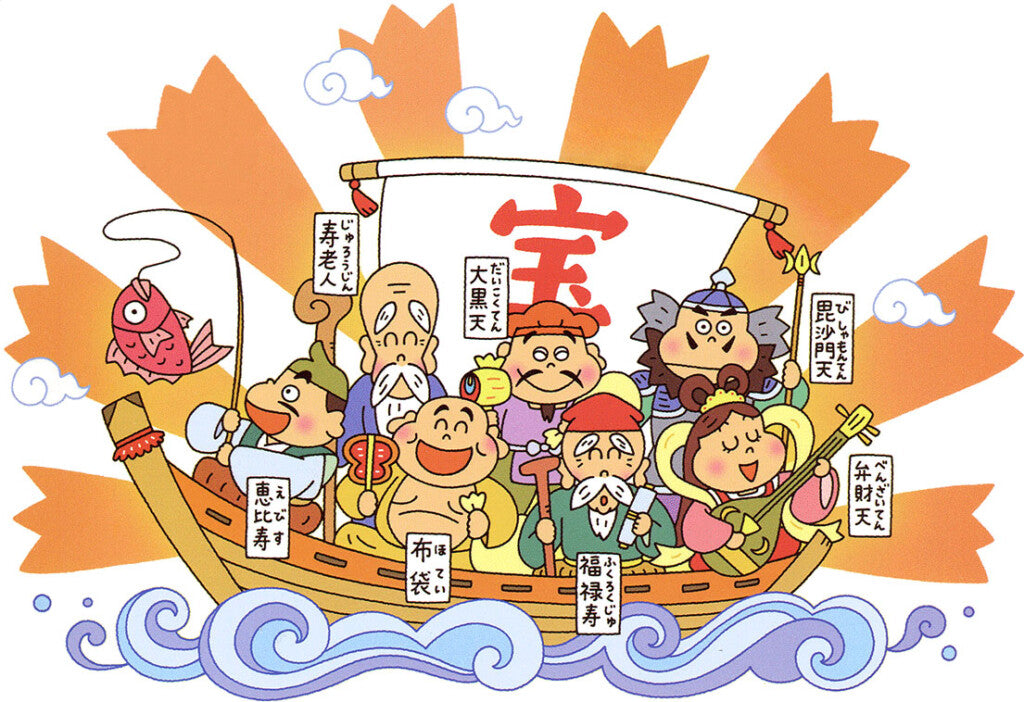
Shichifukujin (七福神) are the seven deities and are revered in Japan for bringing good fortune. These are Ebisu , Daikokuten , Fukurokuju , Bishamonten , Nunobukuro , Kotobuki , and Benjiten , each having diverse backgrounds, in Hinduism, Buddhism, Taoism, and Shinto. Each of these is patron of certain professions. Analyzing the word we have… Read more
The Kanji of the Year 2020 – Mitsu
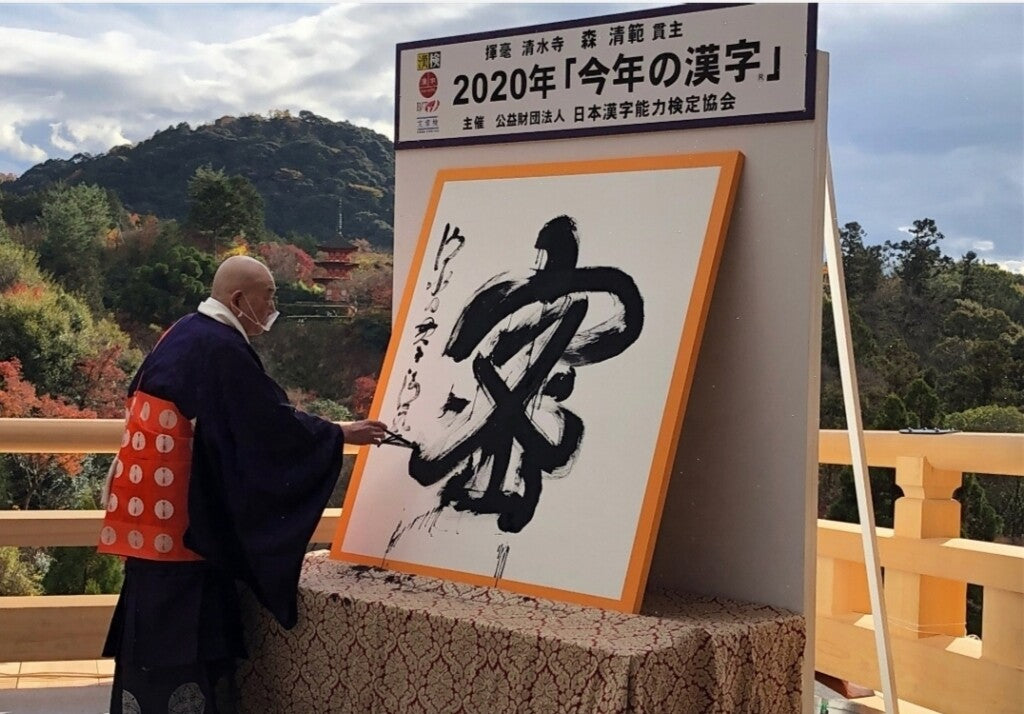
On December 14 at 2 pm Japan time, the Kanji of the Year for 2020 was announced and this has been 「密」(mitsu) which is closely related to “The Most Popular Word of the Year 2020” which was “三つの密 (San mitsu), the three recommendations that the Japanese government proposed to combat and avoid COVID-19 infections. These… Read more
Nengajo – Postcards for the New Year in Japan
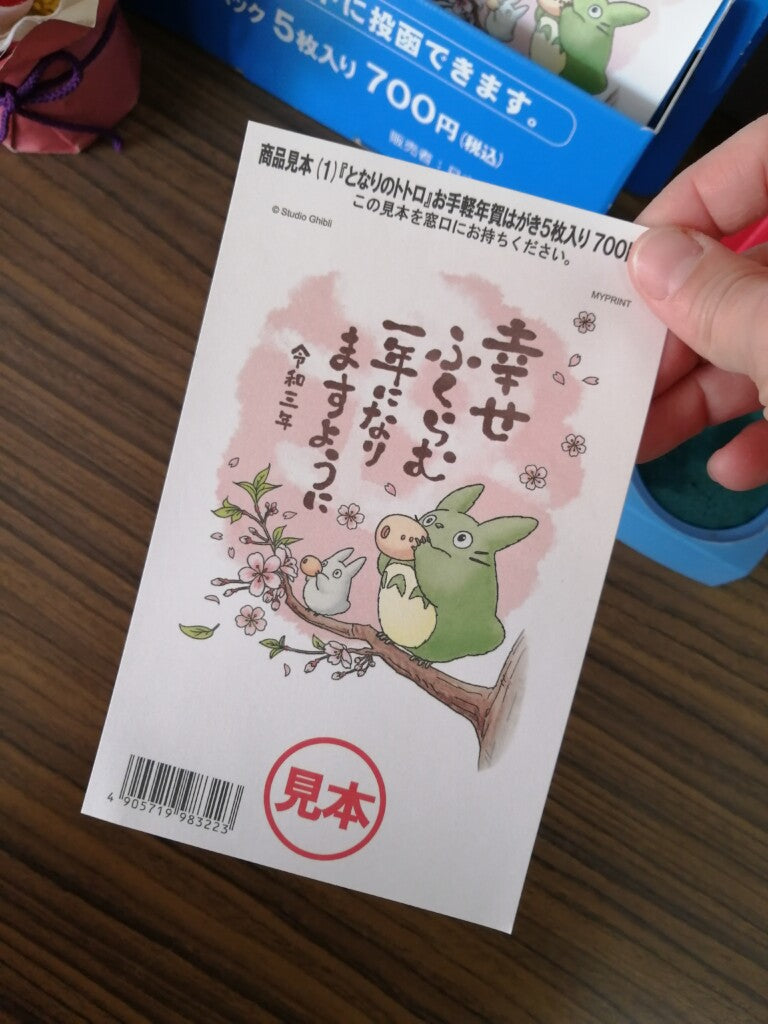
In Japan, New Year’s postcards begin to be sold every year from mid-November, a tradition that, although it is being left behind, still persists. These postcards usually come with the phrase “Akemashite omedetou gozaimasu” (明けましておめでとう(ございます) which means “Happy New Year!” This phrase is only said once the year has started. If someone sent you a… Read more
INARI – Deity of Prosperity in JAPAN
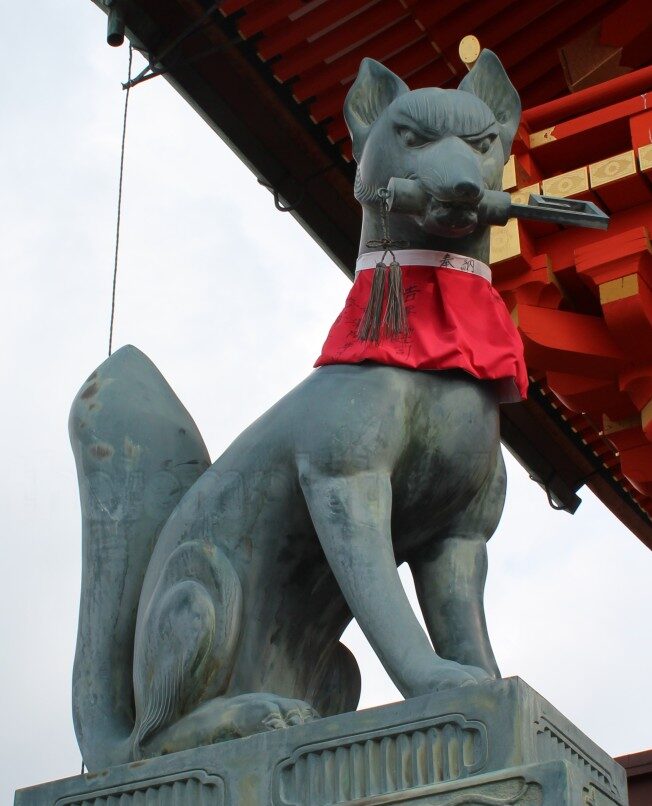
Today we are going to talk a little about culture that is obviously mixed with Shintoism (Shinto) because it is part of the culture, the Japanese religion and specifically about a character that is “Inari”. (You can watch the video or continue reading below) As a name it is a deity, but there is an… Read more
